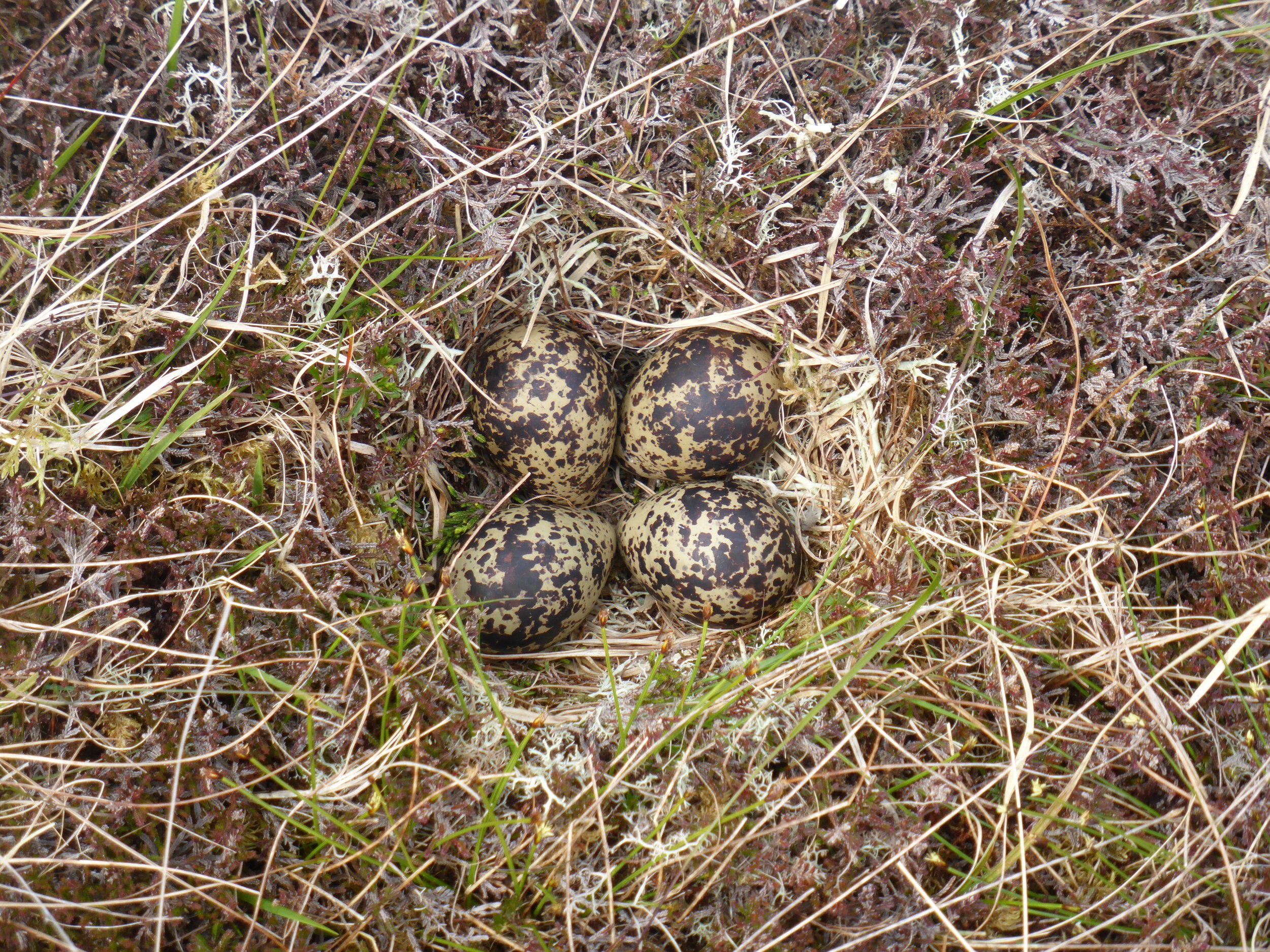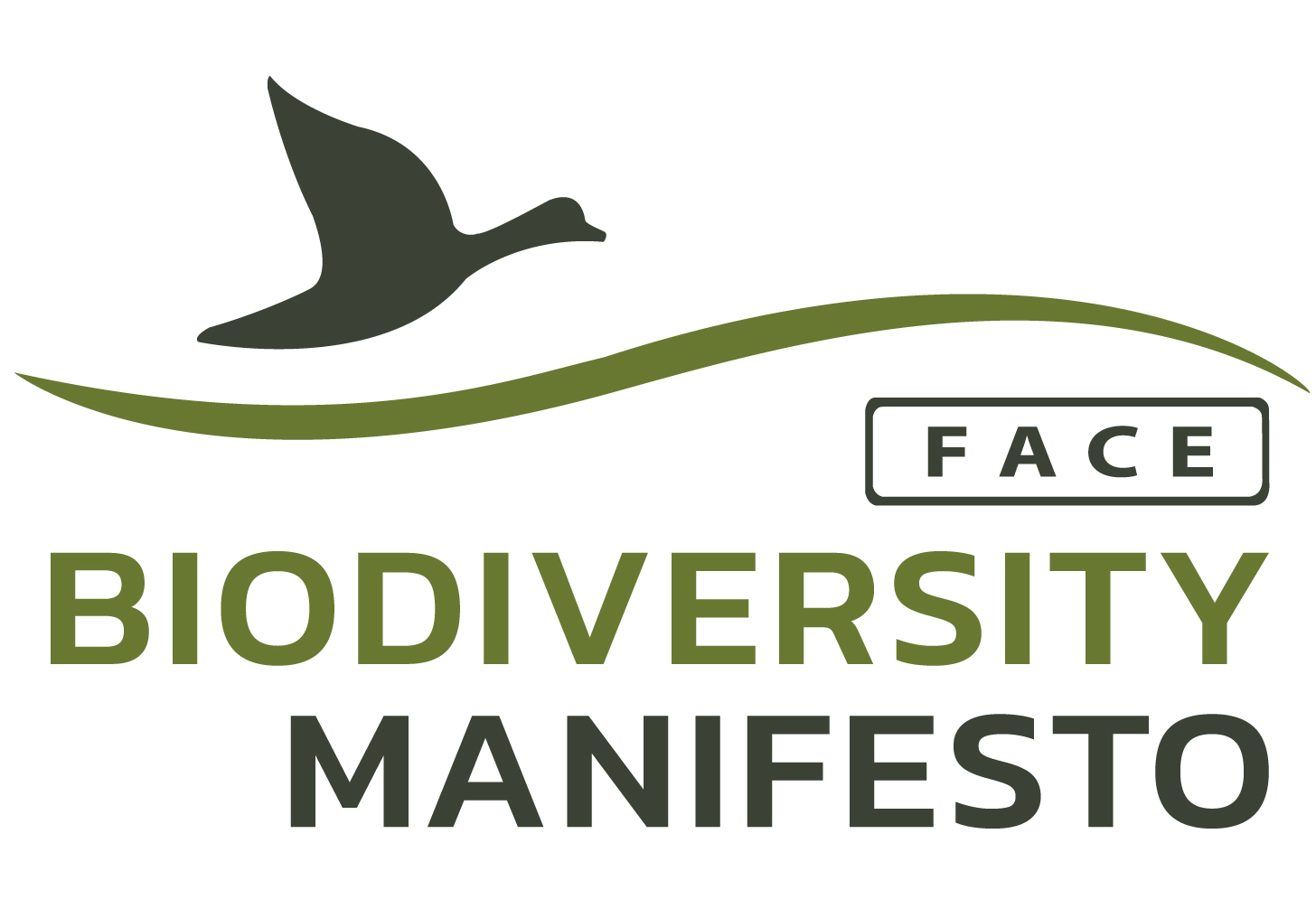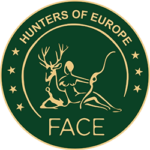
Working for Waders was set up in 2017 to tackle the decline of wading birds across Scotland.
The project is supported by a wide range of organisations, including Scottish government and its agencies, farmers, game keepers, moorland owners, environmental conservation organisations and bird watchers. Working for Waders aims to do three things: a) raise awareness of wader declines b) Show that declines can be reversed c) Demonstrate the importance of working in partnership There are a range of projects and sites running under the banner of Working for Waders with 13 projects receiving funding in 2018 / 19 financial year.
Some of these are projects are being led by environmental organisations whilst others are being led by game keepers and landowners.

Activities carried out by Working for Waders: 1.Management of habitats and wildlife (e.g. conservation and restoration activities) Working for Waders (WfW) covers a range of wader projects across Scotland, which are currently being put onto a single map that will appear on the website. We have collected information from partner organisations, and individuals about their work within these project areas. This work ranges from organisations who own and managing nature reserves, through to landscape scale projects focused on waders and moorlands managed for shooting. Most of the projects involve some element of active management on the ground some of which is supported by agri-environment funding provided by Scottish Government.
To give a few examples as a flavour of some of the work we undertake under the partnership RSPB has a number of projects focused on waders in Strathspey, Caithness and Clyde Valley. But this partnership is more than just environmental NGO?s, many of the key shooting estates have also signed up to the initiative. 2. Research and data collection (e.g. monitoring, bag data) We have a group that are co-ordinating our information needs. This includes Monitoring, data collection and research: -Monitoring / data collection – Working for Waders have identified a series of actions which are being funded by Scottish Natural heritage. Many of the projects collect some data but it is not always done in a consistent way and often it is not reported back centrally.
Two of the actions WfW has identified are to produce some guidance documents for landowners on the best methods of counting waders as well as setting up a hub which allows everyone to enter data. -Research ? RSPB, GWCT, BTO all have scientists that are advising Working for Waders. Whilst each organisation has it?s own individual research projects focused on waders, we are increasingly working collaboratively through the project to maximise the use of data available from estates and landowners. 3. Communication and education (for different target audiences e.g. hunters, the wider public) Working for wader has a working group which is leading on communications. Chris Baley is co-chair of this group.
We are developing guidance documents for the landowners, bringing together advice from various organisations. We are also developing materials for use with the general public and schools explaining the importance of waders and what they need, the work of the partnership and how to positively manage for them.
We are communicating these messages through individual partner organisations newsletters, workshops, agricultural shows and events. 4. Policy work (e.g. positioning of hunting organisations, demonstrating conservation actions) WfW is developing a number of joint policy positions which are being advocated to government. These positions highlight the importance of funding from government, correct targeted and appropriate options.
We are also working with SNH and Forestry Commission Scotland to consider the impact of forestry planting on waders as Scottish government wish to expand the area under woodland. With SNH support we have received a reasonable amount of backing from Scottish ministers and government to the aims and aspirations of Working for Waders.
Country: United Kingdom,UK
Region: Scotland
Starting date: 2017
Species characteristics: Threatened species, Abundant species, Migratory species
Type of actions: Management of habitats and wildlife, Research and data collection, Communication, Policy work
Leading partners: "There is not really a lead partner as Working for Waders is a partnership project with a steering group made of various organisations. Partners are identified on our website www.workingforwaders.com "

